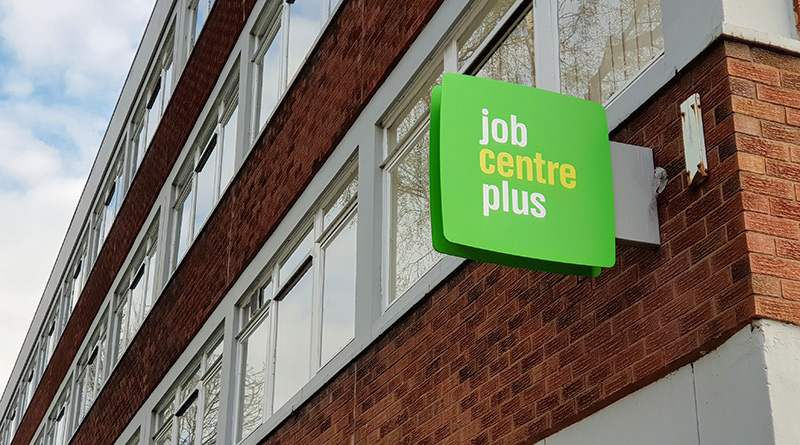100,000 Jobs Lost Since April Cost Increases

Unemployment in the UK rose in April to the highest level in almost four years, according to official figures, as tax increases introduced by Chancellor Rachel Reeves added to a larger slowdown in the jobs market.
The Office for National Statistics (ONS) said the unemployment rate increased to 4.6% in the three months to the end of April, up from 4.5% on the previous three-month period, to hit the highest level since summer 2021.
Annual growth in regular wages slowed to 5.2% from a revised 5.5%, below City economists’ forecasts for a reading of 5.3%.
Liz McKeown, the ONS director of economic statistics, said: “There continues to be weakening in the labour market, with the number of people on payroll falling notably. Feedback from our vacancies survey suggests some firms may be holding back from recruiting new workers or replacing people when they move on.
“Earnings growth has slowed in both cash and real terms, though it remains strong by historic standards. Public sector pay is now growing at a higher rate than wages in the private sector.”
Furthermore, the Labour Market Overview, published today by the ONS, estimates the number of payrolled employees in the UK in May 2025 decreased by 109,000, compared to the month before.
This loss of jobs exceeds predictions from both the Office for Budget Responsibility (OBR) and a major bank.
The OBR originally predicted the changes to employer NICs would cost 50,000 jobs, before revising its prediction to say the impact would be higher. Deutsche Bank predicted it would cost 100,000 jobs.
The damaging and worse-than-expected impact of the NICs changes on employment, felt most intensely by foundational sectors like hospitality, necessitates an urgent review and reversal of the increases.
Kate Nicholls, Chief Executive of UKHospitality, said: “Losing more than 100,000 jobs across the economy in a month goes far beyond the worst-case scenario predicted by the Government’s own fiscal watchdog, major banks, and countless business groups.
“We were clear at the time that the changes to NICs were a tax on jobs, and so it is sadly proving.
“At a time when we are all striving to grow the economy and help people back into work, the changes to NICs are acting as an anchor to the Government’s ambitions.
“Sectors like hospitality are the very sectors you need to create jobs in every part of the UK and for people of all ages, education and background, but hospitality and those working part-time are among the hardest hit by these tax increases.
“These shocking figures should make it abundantly clear to the Government that the changes to employer NICs are inflicting more harm than good, and they should be reviewed and reversed urgently.”
